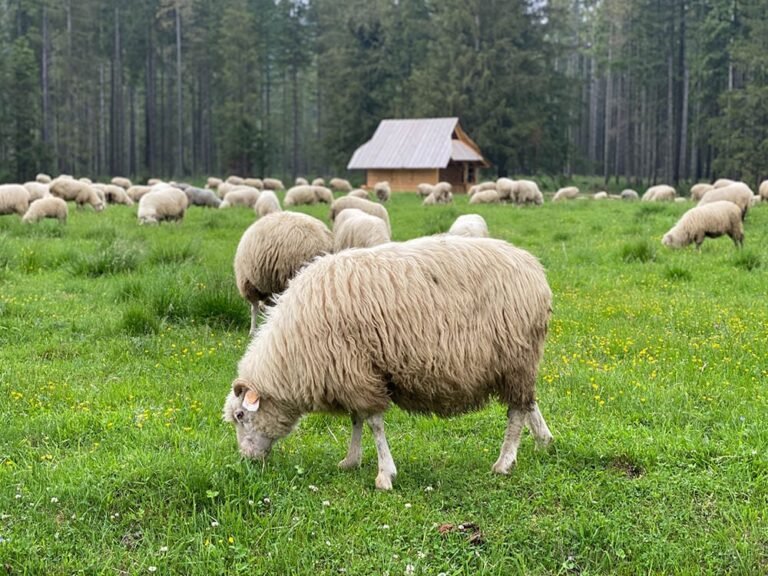verbs with à
In French, certain verbs are always followed by the preposition à before introducing another verb or noun. This construction can be tricky for learners, as the preposition changes the meaning or usage of the verb.
1. Aider à (to help to)
- Il m’aide à comprendre la leçon. (He helps me understand the lesson.)
2. S’amuser à (to have fun doing)
- Elle s’amuse à dessiner. (She has fun drawing.)
3. Apprendre à (to learn to)
- J’apprends à cuisiner. (I’m learning to cook.)
4. Arriver à (to manage to)
- Il arrive à finir son travail à temps. (He manages to finish his work on time.)
5. Chercher à (to try to)
- Elle cherche à résoudre le problème. (She’s trying to solve the problem.)
6. Commencer à (to start to)
- Nous commençons à parler français. (We’re starting to speak French.)
7. Consentir à (to agree to)
- Il consent à nous aider. (He agrees to help us.)
8. Continuer à (to continue to)
- Je continue à étudier. (I continue to study.)
9. Encourager à (to encourage to)
- Le professeur encourage les élèves à participer. (The teacher encourages the students to participate.)
10. S’habituer à (to get used to)
- Je m’habitue à me lever tôt. (I’m getting used to waking up early.)
11. Hésiter à (to hesitate to)
- Il hésite à poser la question. (He hesitates to ask the question.)
12. Inviter à (to invite to)
- Elle m’invite à dîner. (She invites me to dinner.)
13. Se mettre à (to start to)
- Il se met à pleuvoir. (It starts to rain.)
14. Obliger à (to force to)
- La loi oblige à porter un casque. (The law requires wearing a helmet.)
15. Parvenir à (to succeed in)
- Je parviens à comprendre. (I succeed in understanding.)
16. Passer du temps à (to spend time doing)
- Je passe du temps à lire. (I spend time reading.)
17. Penser à (to think about)
- Je pense à mes vacances. (I’m thinking about my vacation.)
- (Contrast with penser de, which means “to think of.” Eg What do you think of that movie?)
18. Permettre à (to allow to)
- Il me permet de partir tôt. (He allows me to leave early.)
19. Persister à (to persist in)
- Elle persiste à croire en ses rêves. (She persists in believing in her dreams.)
20. Se préparer à (to prepare to)
- Je me prépare à partir. (I’m preparing to leave.)
21. Réfléchir à (to think about)
- Je réfléchis à ton offre. (I’m thinking about your offer.)
22. Renoncer à (to give up)
- Il renonce à fumer. (He’s giving up smoking.)
23. Résister à (to resist)
- Je ne peux pas résister à ce gâteau. (I can’t resist this cake.)
24. Réussir à (to succeed in)
- Elle réussit à convaincre son patron. (She succeeds in convincing her boss.)
25. Rêver à (to dream about)
- Je rêve à un avenir meilleur. (I dream about a better future.)
26. Servir à (to be used for)
- Cet outil sert à réparer les vélos. (This tool is used to repair bikes.)
27. Tenir à (to care about)
- Je tiens à mes amis. (I care about my friends.)
28. Veiller à (to make sure to)
- Je veille à ne pas faire d’erreurs. (I make sure not to make mistakes.)
29. S’attendre à (to expect to)
- Je m’attends à recevoir une réponse. (I expect to receive an answer.)
30. Consacrer du temps à (to devote time to)
- Il consacre du temps à sa famille. (He devotes time to his family.)
31. S’intéresser à (to be interested in)
- Je m’intéresse à l’histoire. (I’m interested in history.)
32. Jouer à (to play)
- Il joue au football. (He plays soccer.)
33. Participer à (to participate in)
- Elle participe à la réunion. (She participates in the meeting.)
34. Répondre à (to answer to)
- Je réponds à la question. (I answer the question.)
35. Songer à (to think about)
- Je songe à changer de travail. (I’m thinking about changing jobs.)
36. Toucher à (to touch on)
- Il ne faut pas toucher à ça. (You must not touch that.)
37. Travailler à (to work on)
- Je travaille à un nouveau projet. (I’m working on a new project.)
38. Visiter à (to visit)
- Je visite à mes grands-parents. (I visit my grandparents.)
39. S’adapter à (to adapt to)
- Il s’adapte à la nouvelle situation. (He adapts to the new situation.)
40. S’opposer à (to oppose)
- Je m’oppose à cette décision. (I oppose this decision.)
41. Assister à (to attend, to witness)
- J’assiste à une réunion importante. (I am attending an important meeting.)
- Nous avons assisté à un spectacle incroyable. (We witnessed an incredible show.)
42. Avoir à (to have [something available])
- Qu’est-ce que vous avez à boire ? (What do you have to drink?)
- Qu’est-ce que tu as à manger ? (What do you have to eat?)
- Ils ont une grande variété de produits à offrir. (They have a wide variety of products to offer.)






